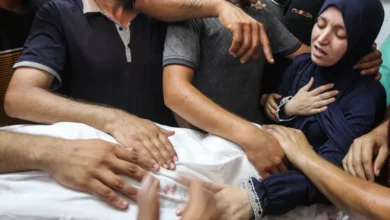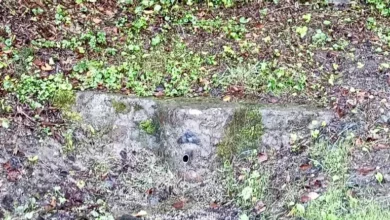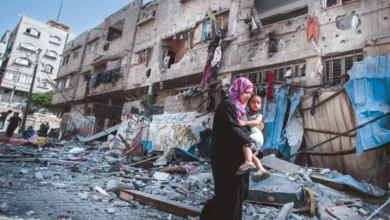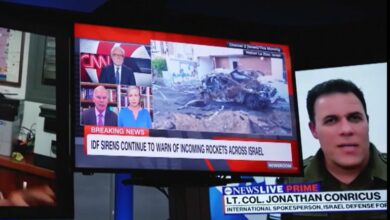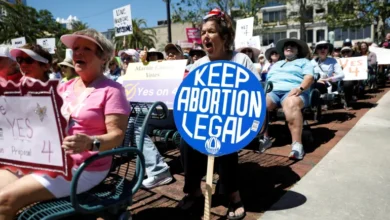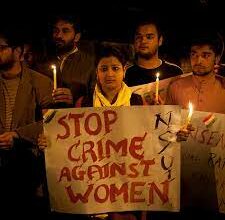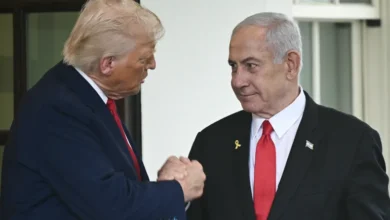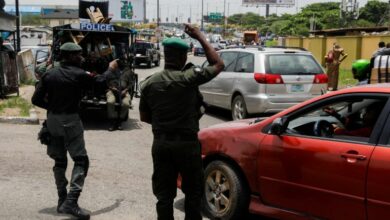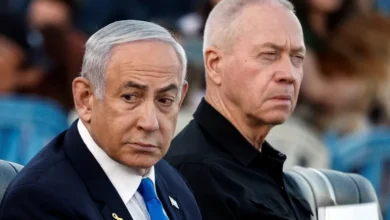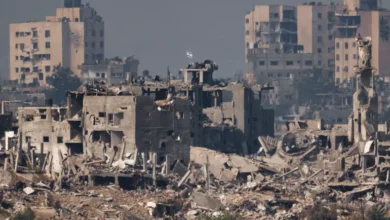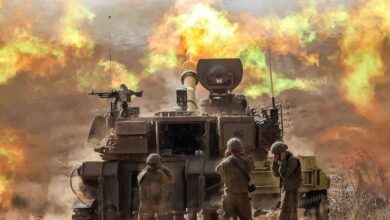The ICC prosecutor needs to break his silence on Israel-Palestine
Mark Kersten
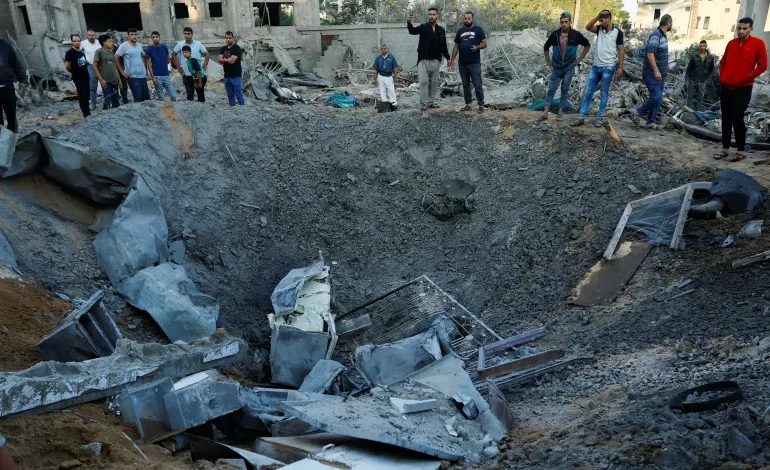
Mark Kersten
The world is once again witnessing mass atrocities committed against civilians in Palestine and Israel. The scenes are heartbreaking and horrific. They demand a response based not on furthering more violence and suffering but on fostering justice and accountability. There is only one independent, international institution that could investigate and prosecute these international crimes: the International Criminal Court (ICC).
The ICC has jurisdiction over the territory of Gaza and international crimes committed by Palestinian factions, including Hamas. In 2021, ICC’s Office of the Prosecutor (OTP) opened an official investigation into the situation in Palestine. This came in the wake of the OTP’s determination that “war crimes have been or are being committed by Palestinian and Israeli actors in the West Bank, including East Jerusalem, and the Gaza Strip”.
Among those ongoing crimes that the ICC can and should investigate are the deliberate targeting of civilians, taking them captives, as well as indiscriminate bombing campaigns. In addition, there is a clear and obvious risk that some of Israel’s planned conduct may amount to collective punishment – punishing the broader Palestinian population for Hamas’s atrocities – which is a war crime under the Geneva Conventions.
A United Nations inquiry commission continues to collect evidence of atrocities committed in Israel and Palestine and has recently stated that “there is already clear evidence that war crimes may have been committed in the latest explosion of violence in Israel and Gaza”. Human Rights Watch has also described war crimes committed on both sides and noted that such atrocities would continue “so long as human rights and accountability are disregarded”.
In response to this most recent spate of atrocities, the OTP issued a statement replying to journalist Alice Speri. It said the prosecutor’s investigation is ongoing, that the current conflict falls under the ICC’s jurisdiction, and invited those with “relevant information” to send it to the court. That is good, but not good enough. Why is ICC Prosecutor Karim Khan silent in the face of war crimes and crimes against humanity in Israel and Palestine?
No matter what the prosecutor says or does, the ICC alone cannot stop the violence in Palestine and Israel. But he and the court have a role. Beyond investigating ongoing international crimes and issuing arrest warrants for those most responsible for atrocities in the situation in Palestine, the prosecutor should clearly and unequivocally condemn the violence and promise to address it with all of the powers available to him.
In office since 2021, Prosecutor Khan appears convinced that symbolic actions are not worth it. As a result, statements by him deploring violence or warning parties that they could be investigated and prosecuted by the ICC are rare. But they have been issued in the past, including in February 2022, when Khan announced that he was closely watching events in Ukraine. Did his words stop the violence and Russian aggression? No. Did it matter? Absolutely.
Even if pronouncements condemning atrocities and warning perpetrators are symbolic, such gestures matter. Being the victim or survivor of an atrocity can be extremely isolating. Strong statements from the ICC prosecutor can demonstrate solidarity and indicate that the court is on the side of those whose basic human rights are being violated. They remind the world that the court is watching and that it has a role to play. It signals that the ICC is relevant and that the lives of those being murdered, starved, raped, bombed, and kidnapped matter. It might not deter such atrocities, but it is always worth trying.
What may also explain Prosecutor Khan’s reluctance to speak out on atrocities committed in Israel and Palestine is his view that he prefers to focus on situations and investigations where there is a high probability that accountability can be delivered. Indeed, this was the reason why he “deprioritised” his investigation into alleged war crimes committed by US forces in Afghanistan. But then Khan issued an arrest warrant for Vladimir Putin, a sitting head of state who is unlikely to be arrested or held accountable any time soon. Going after the Russian president was the right thing to do, but it went against the purported strategy of focusing on investigations in situations where the likelihood of arrest and therefore accountability was high.
Given the extent of Western opposition to the ICC’s investigation into Palestine, Khan might therefore believe that it is not worth it to act. He would be wrong.As in Ukraine, evidence of mass atrocities committed in Palestine and Israel is ample. No matter their political postures on the conflict, no one denies this basic fact. Victims and survivors of war crimes and crimes against humanity everywhere deserve justice and accountability. They deserve to know whether the ICC is on their side. That cannot happen if the prosecutor remains silent and inactive in the face of mounting evidence of international crimes being committed.
Speaking up and acting is also in the ICC’s interest – even if it won’t secure arrests or prosecutions in the near term. Whether rightly or wrongly, there are many who hold suspicions that the ICC prosecutor would prefer to focus on Ukraine, where Western support is greater than the situation in Palestine. It is in Khan’s interests – and the interest of the court – to dispel them of that notion.
Unlike many other international organisations, the court matters in the context of the situation in Palestine. If the prosecutor does not speak up or act in the face of such grievous crimes as are currently being committed, he risks irrelevancy in precisely the kind of situation of mass atrocity that it was created to respond to.
